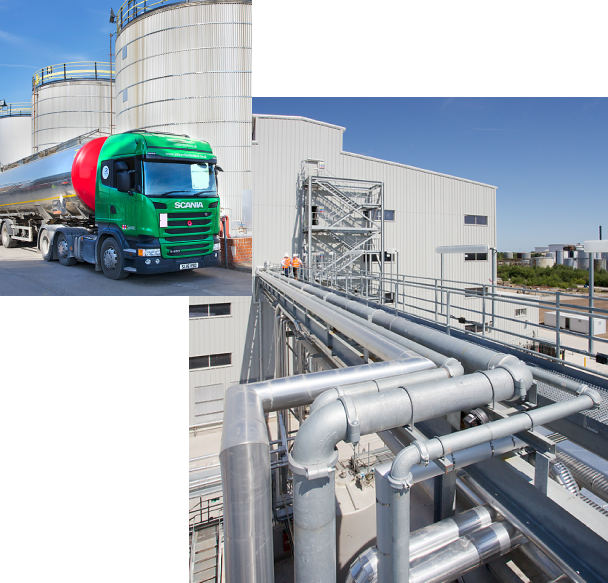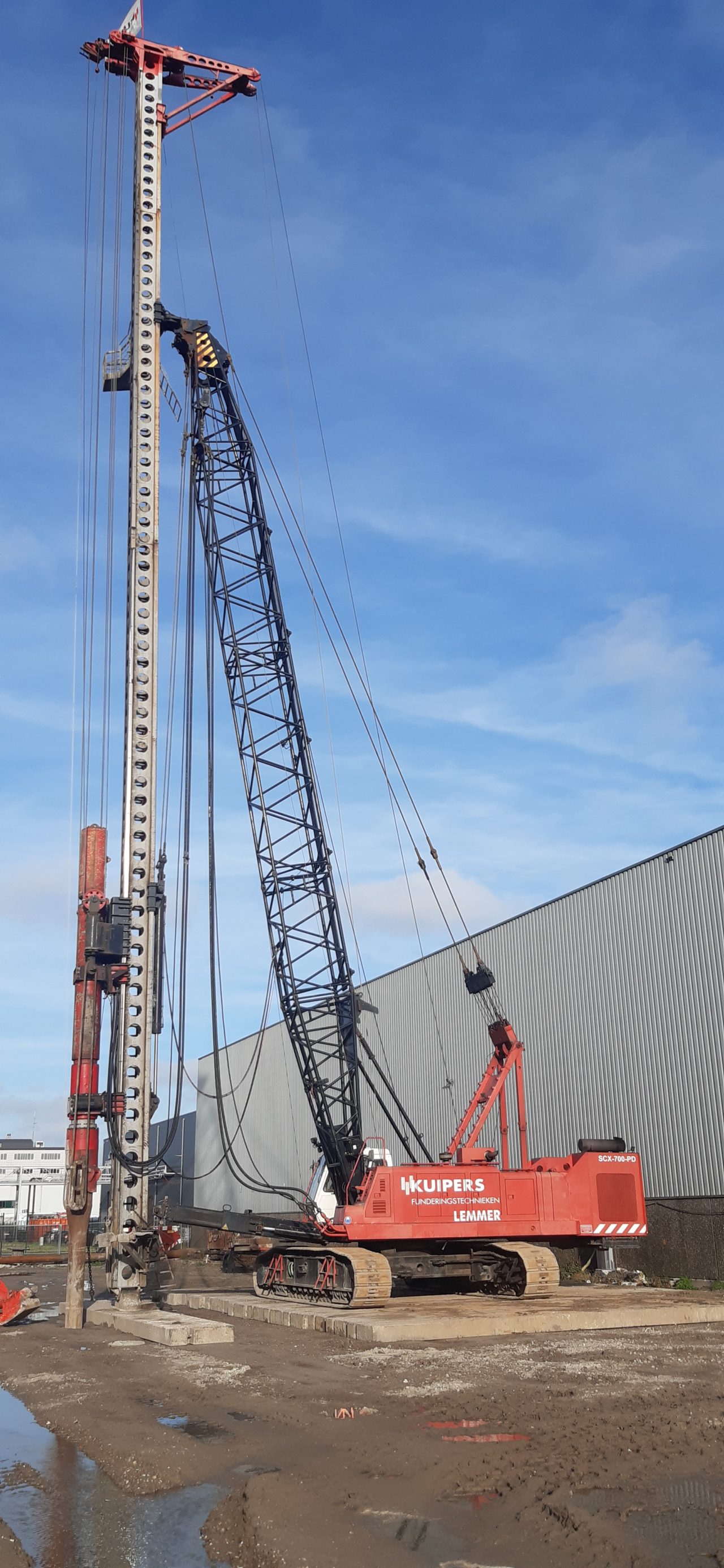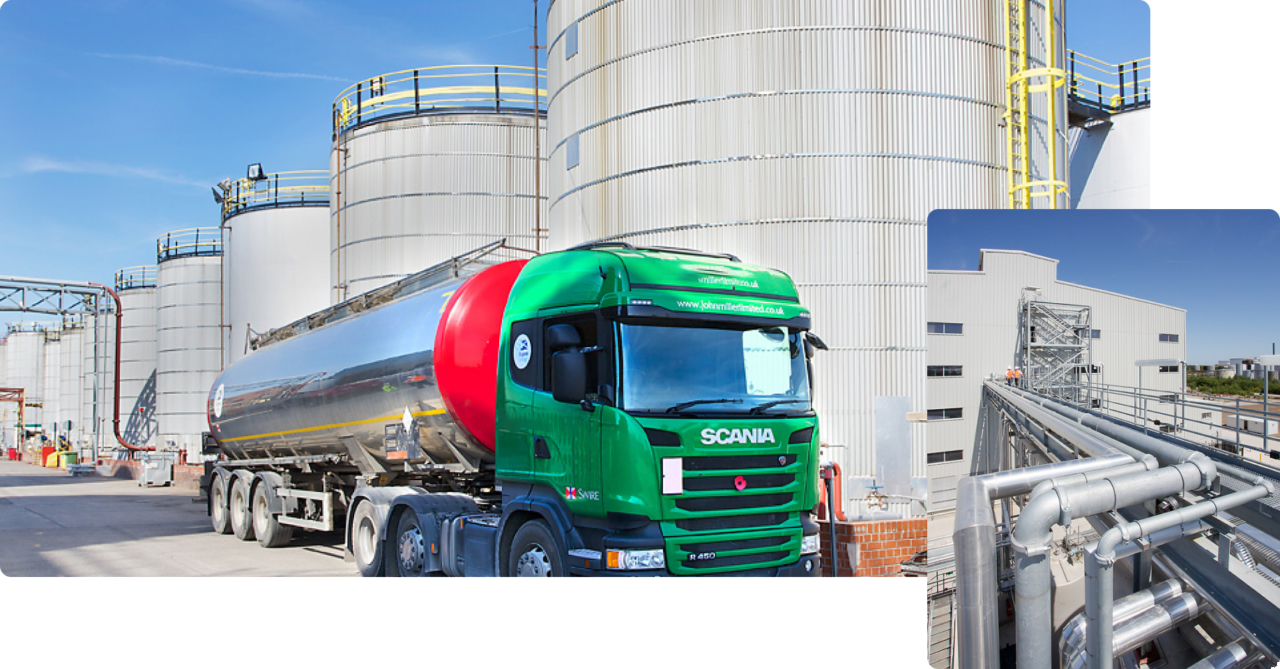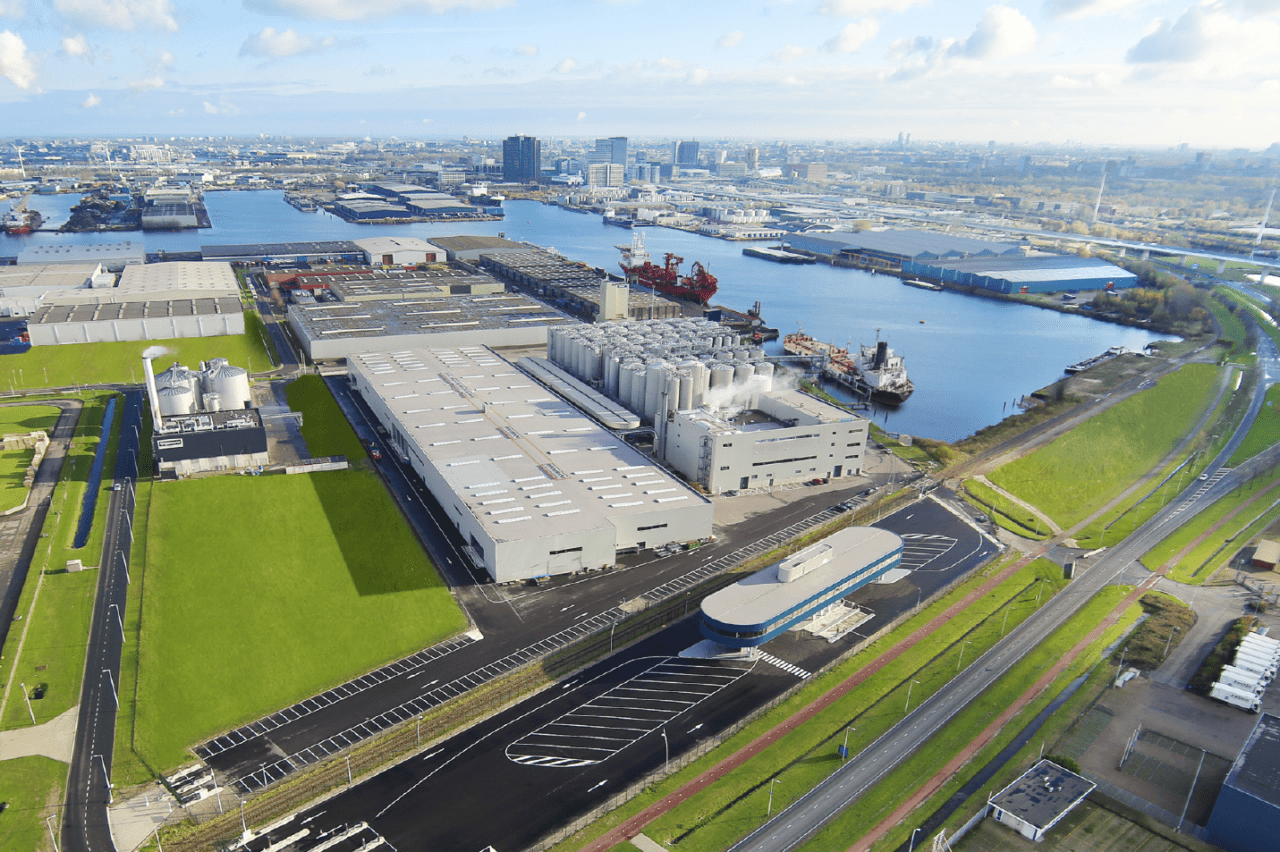Argent energy expands biodiesel production capacity in Amsterdam
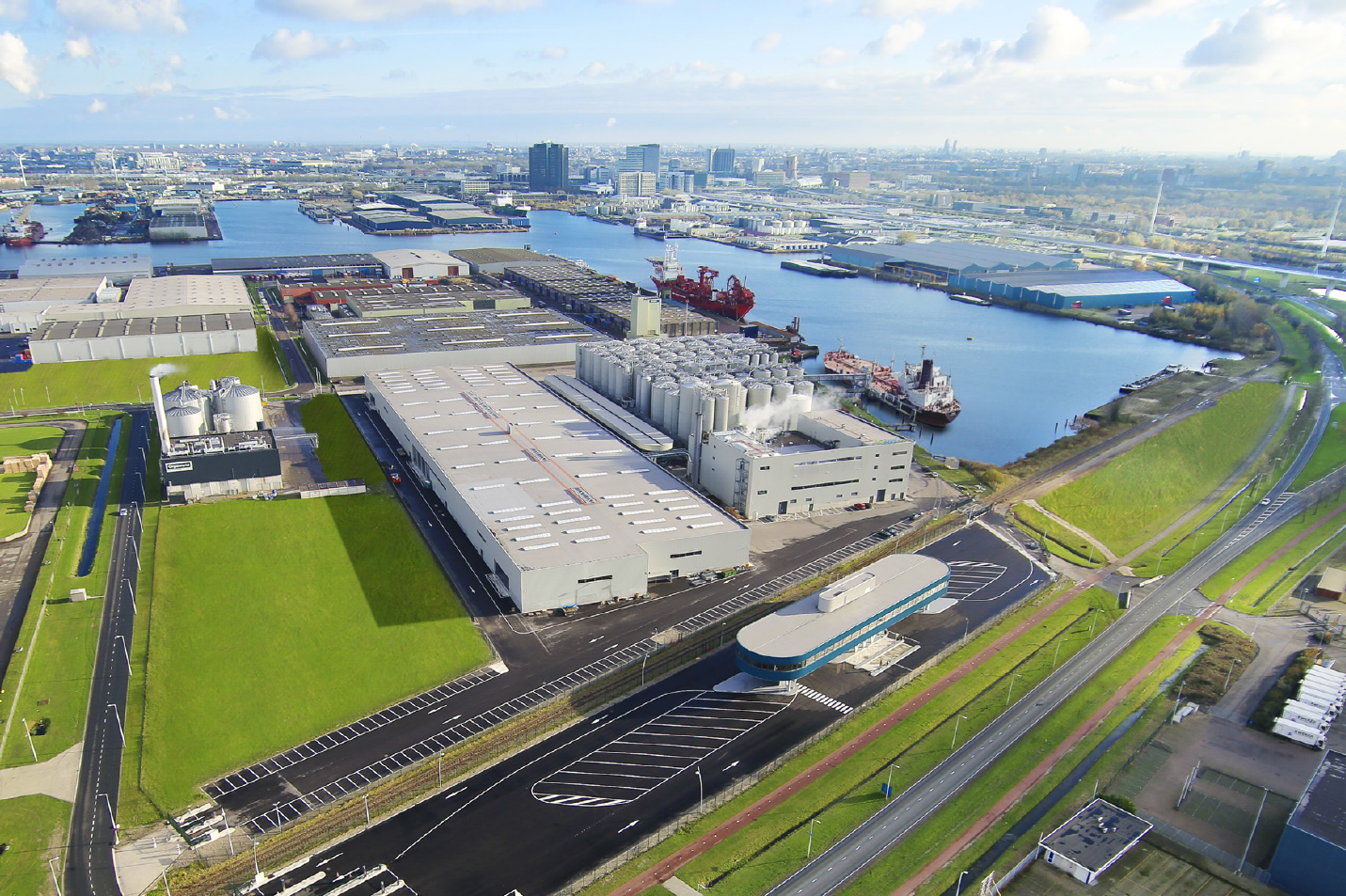
Argent Energy, a manufacturer of biofuels in the UK and the Netherlands, is expanding its second-generation biodiesel production capacity in the Port of Amsterdam to 540,000 tons per year. With this expansion, the company wants to make a significant contribution to the reduction of greenhouse gas emissions in road and maritime transport, and in particular the difficult to decarbonize sector of heavy-duty vehicles. Argent’s expansion in Amsterdam is in line with the Dutch coalition agreement’s plans for clean mobility and the promotion of biofuels that avoid impacting food supplies.
Argent Energy has been producing biodiesel made from waste organic fats and oils since 2005. In 2018, adding to their production plants in England and Scotland, the company invested in a biodiesel facility in Amsterdam’s Western Docklands. Argent Energy will scale up production by some 440,000 tons of biodiesel per year with this expansion to its manufacturing capacity. This will allow the company to supply a total of 540,000 tons of biodiesel per year from its Amsterdam location.
Waste-based
Argent avoids the use of crops but instead uses designated waste raw materials for its production of biodiesel which have few or no alternative applications. This is so-called second-generation biodiesel, which does not use food or feed resources. Argent Energy’s expansion in Amsterdam includes the development of a new and innovative production process which will bring improved process efficiency and even greater reductions of GHG emissions.
“Clean mobility is a vitally important link to achieving climate targets.” said Erik Rietkerk, CEO of Argent Energy. “The Netherlands has a strong record in supporting the use of the most sustainable biodiesel and with the expansion of its production capacity, Argent Energy can make a significant contribution to the Dutch, Amsterdam and European ambitions for decarbonization of transport.”
The Netherlands as frontrunner
According to the Dutch coalition agreement, achieving the climate ambitions will be one of the new cabinet’s priorities. The Netherlands wants to be a leader within the European Union when it comes to mitigating global warming and has set its CO2- reduction target at 60% in 2030. The coalition agreement contains plans for cleaner mobility and the promotion of biofuels through blending. Argent’s expansion plans correspond well with the cabinet’s ambitions of sustainability; over the entire production chain, the use of waste-based biodiesel emits up to 90% less greenhouse gas emissions than the use of conventional diesel.
Amsterdam’s climate ambitions
The municipality of Amsterdam, where Argent Energy’s expanding biodiesel facility is located, aims to be climate neutral by 2050. According to the ‘Roadmap Amsterdam Climate Neutral 2050’, the city will have reduced its CO2 emissions by 55% in 2030 and 95% in 2050. The use of biofuels in transport will make an important contribution to achieving this goal.
EU Fit for 55
At the European level, around 25% of CO2 emissions come from the transport sector. The European Union recently set new climate targets with the presentation of the Fit for 55 plans. Part of this comprehensive package is a revision of the Renewable Energy Directive II (REDII), with the aim of increasing the share of renewable energy in the energy mix to 40% by 2030. The transport sector can make a significant contribution to this goal by using biodiesel.
